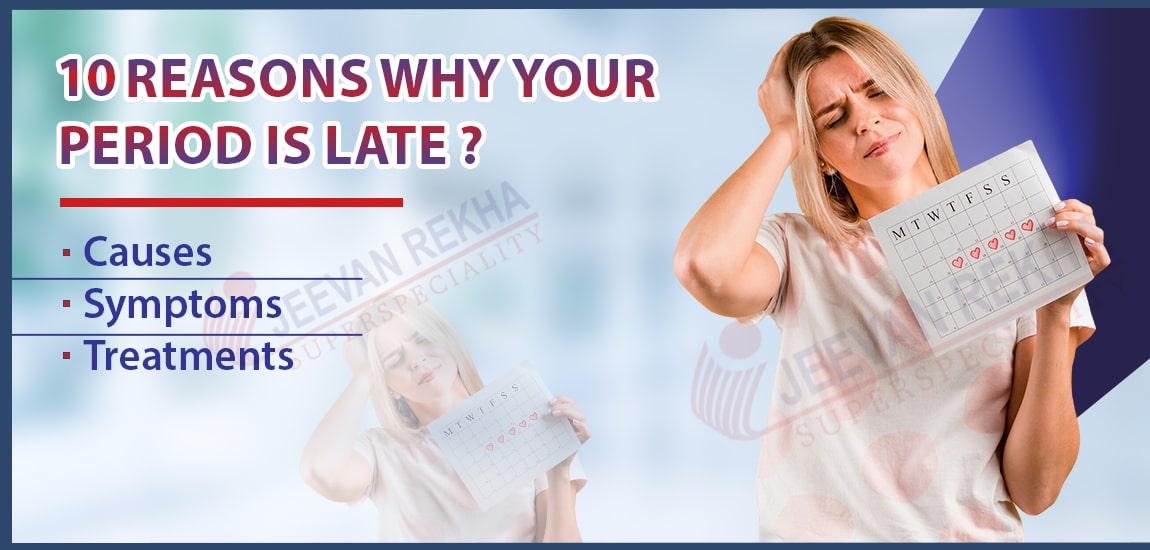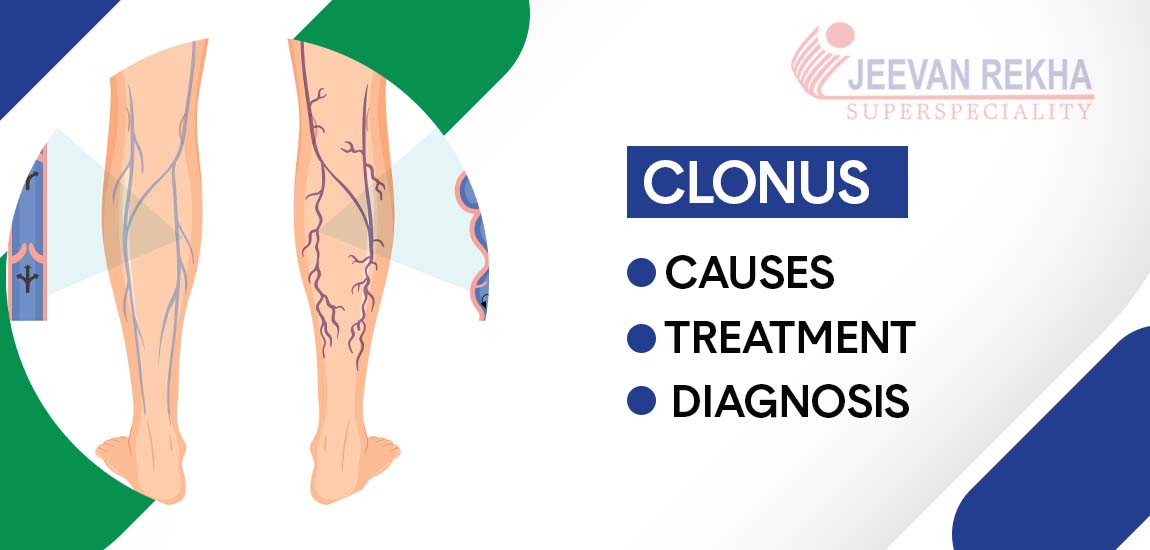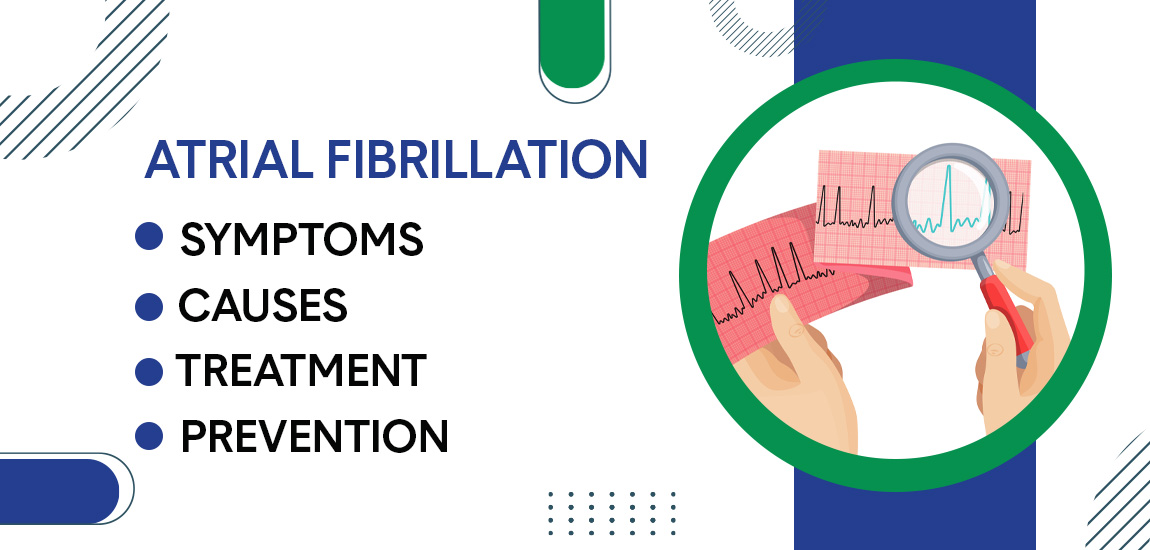
- By why your period is late, 10 reasons why your period is late
- In Health and Tips,
- Posted November 16, 2024
10 reasons why your period is late? Causes, Symptoms, and Treatments
What is a Late Period?
A late period is being overdue for a woman's menstrual cycle. So, if there's more than the normal days expected of a menstrual cycle, that could already be a sign of a late period. If normally her periods are every 28 days but gets delayed by a couple of days or even more, then that is already a late period.
However, sometimes factors such as stress, weight fluctuation, hormonal imbalance, pregnancy, and sometimes other medical conditions like PCOS can lead to a delayed period.
If the period is delayed or absent significantly for a considerable period of time, you should seek the attention of the healthcare provider to discard any underlying medical condition or confirm pregnancy.
What Causes of Late Period?
Here are a few of the most common causes of a late period:
- Pregnancy: The likelihood to be more if you have had an instance of unprotected coitus.
- Stress: Either emotional or physical can cause hormonal imbalance.
- Weight fluctuations: Both weight gain and loss result in hormonal imbalances.
- Over-exercise: Excessive exercise in the majority of cases usually leads to missed periods.
- PCOS is characterized by hormonal disorder that may lead to irregular and absence of periods.
- Thyroid-related disorders: Both the conditions- underactive thyroid or overactive thyroid problems affect the menstrual cycle.
- Birth Control: Hormonal birth control may alter the period of menstruation.
- Perimenopause: The hormonal changes during this stage can lead to irregular periods.
- Chronic Conditions: Certain chronic health conditions can disrupt your menstrual cycle.
- Hormones: Certain medical conditions can affect the hormones in your body.
- Other Reasons: Travel, illness, or some other reason may also make your period late.
If one feels suspicious over a missed period, especially after unprotected sex, then a pregnancy test is a must. If the test is not positive, a visit to a doctor should be done so any medical reason behind the delayed period can be ruled out.
You can read also:- Comprehensive Guide to Ear, Nose, and Throat (ENT) Infections
Symptoms of Late Period?
Late period symptoms include the following;
- Missed Period: You do not see your periods on the expected date.
- Irregular Bleeding: You could be spotting or experience lighter or heavier bleeding than normal.
- Pregnancy Symptoms: You could experience swollen or painful breasts, nausea or tiredness, and the frequent urge to pee (if it might be).
- Hormonal imbalance: Acne, weight gain, mood swings, or hair changes (especially for conditions like PCOS or thyroid issues).
- Changes in cycle length: Cycles are longer or shorter than usual.
- Bloating and cramping: ache and cramping with no menstrual flow.
If one has these symptoms, it is always best to see a health care provider for evaluation.
Treatments for Late Period?
Depending on the cause of a late period, the treatment should be specific to the underlying cause. Some of the common causes with some potential treatments include;
1. Pregnancy
- Treatments: If pregnancy is confirmed, prenatal care should be taken. If the pregnancy is unplanned, counseling or discussing alternatives, such as adoption or termination, is possible depending on specific circumstances and what the health care providers recommend.
2. Stress Management
- Treatment: Relaxation techniques, such as meditation, yoga, deep breathing exercises, or counseling, help restore hormonal balance and normalize menstrual cycles.
3. Weight Management
- Treatment: If the reason for these fluctuations is because of weight, a regular balanced diet as well as regular, moderate exercise can help normalize a menstrual cycle. Those who are underweight may be encouraged to improve diet as well as gain weight in a healthy manner, whereas weight loss should occur in those who have obesity.
You can read also:- Why Do I Have Cramps But No Period?: Causes, Symptoms, and Treatments
4. Hormonal Birth Control
- Treatment: A late period caused by hormonal contraceptives may sometimes be corrected with dose or birth control type with the assistance of a physician to normalize menstrual periods. Actually, there are some types of birth control, like the pill or IUD, which halt the process of menstruation.
5. Polycystic Ovary Syndrome (PCOS)
- Treatment: The treatment for PCOS is also comparatively mild, such as lifestyle modification like diet and exercise, medications like birth control pills in case periods are irregular, or medications like metformin if she has insulin resistance. If there is a case of infertility, then appropriate fertility medication will be prescribed as well.
6. Thyroid Disorders
- Treatment: Hypothyroidism, or underactive thyroid, is treated with the administration of thyroid hormones, whereas hyperthyroidism, or overactive thyroid, can be treated with the help of some medications, radioactive iodine, or surgery. Proper thyroid management might also regain menstrual regularity.
7. Overexercise
- Treatment: Reduction in intensity of training, increase in calorie intake, and follow a balanced regimen in their lifestyles will regain cyclical periods if it were related to over-exercising.
8. Perimenopause
- Treatment: If the missed period is a result of perimenopause, then treatment could be in the form of hormone replacement therapy or other medications to alleviate the symptoms. However, this is simply a natural part of aging, and menstruation will completely stop.
9. Medications
- Treatment: If a medication affects the menstrual cycle, the doctor can alter the dosage or can switch to something else. Example: if drugs like antidepressants or antipsychotics are interfering with periods, they have to be altered.
10. Underlying Medical Conditions
- Treatment: Various chronic conditions like diabetes, celiac disease, or inflammatory bowel disease (IBD) can control periods once the primary illness is controlled through medication and lifestyle adjustment.
11. General Therapies
- In the absence of an identified specific condition, general treatments for conditions that may affect the menstrual cycle include vitamin and mineral supplements (in particular for deficiencies), healthy diet, and exercise.
Prevention of Late Period?
Prevention of a late period tends to be in the form of a healthy lifestyle, coupled with steps taken in view of known factors that could disrupt the menstrual cycle. Here are some tips:
- Maintain Stress Balance: Cultivate stress-reducing techniques, such as yoga, meditation, or deep breathing exercises to ensure your hormones are at a good balance.
- Ideal Weight: Maintain a balanced diet coupled with regular exercise to prevent gain or loss of excessive weight which affects your cycle.
- Exercise in moderation: Avoid extreme or energetic workouts that may disrupt your menstrual cycle.
- Sleep routinely: The regulation of hormones and maintaining a normal period may also be helped through usual patterns of sleeping.
- Keeping check on your hormones: For conditions such as PCOS or thyroid, check-ups through a healthcare provider may assist in controlling these, preventing disruptions to your menstrual cycle.
- Use Birth Control Regularly: If you are using hormonal birth control, then make sure you keep following the instructions given to you by your doctor so that you can avoid irregularity in your cycle.
- Reduce Medications: Avoid medicines that can alter your menstrual cycle except those prescribed by your doctor for some health condition.
Tags
Blog Search
Latest Posts
-
Ear Infections (Otitis Media): Top Triggers & How to Avoid Them?
April 11, 2025 -
Implantation Bleeding Vs Periods: Know the Difference
March 12, 2025 -
5 Tips for a Happy and Healthy Summer
February 27, 2025 -
Body Ache (Pain): Causes, Symptoms and Treatment Options
February 10, 2025 -
Fatigue and Exhaustion: Causes, Symptoms, and Treatment
January 08, 2025




